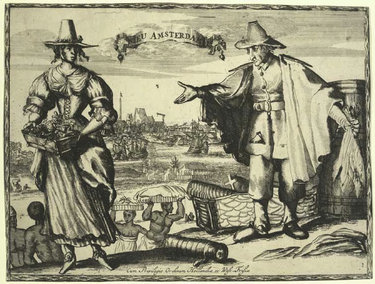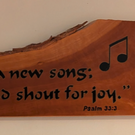Huntington will talk about slavery in colonial New York
To the Editor:
An often ignored historical fact is that slavery existed in New York State from the early days of New Netherland (New York) until July 4, 1827.
In 1790, there were 217 households in Albany County with five or more slaves for a total of 1,519.
On Tuesday, Dec. 5, at 7:30 p.m., the New Scotland Historical Association will offer a program that focuses on the history of slavery in New York’s Hudson River Valley, beginning with the settlement of the Dutch colony of New Netherland in the 17th Century and continuing through the British and American periods in New York State history.
Slavery in New York State developed within the Dutch West India Company’s interconnected web of the African, Caribbean, South American, North American, and European trade networks. Over time, the institution became an entrenched system as enslaved Africans and African Americans became a vital part of the Hudson Valley’s agricultural and commercial economic system.
This presentation highlights both the long history of slavery as an institution in New York State, and also focuses on the lives, culture, and traditions of the enslaved people in colonial New York.
Our presenter will be Sam Huntington, Fort Crailo Historic Site’s assistant director, where the highly regarded exhibit, “A Dishonorable Trade: Human Trafficking in the Dutch Atlantic World,” has been displayed.
Come and hear this important and informative program at the Wyman Osterhout Community Center in New Salem at Old New Salem Road in New Scotland. The New Scotland Historical Association Museum will open 30 minutes before the start of the program. Come and hear this important and informative presentation and take in the engaging museum exhibits as well. Admission is always free.
Judy Kimes, publicist
New Scotland
Historical Association

